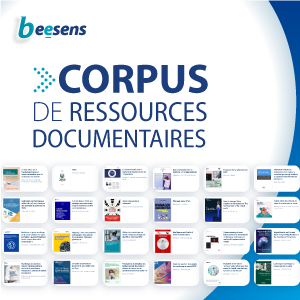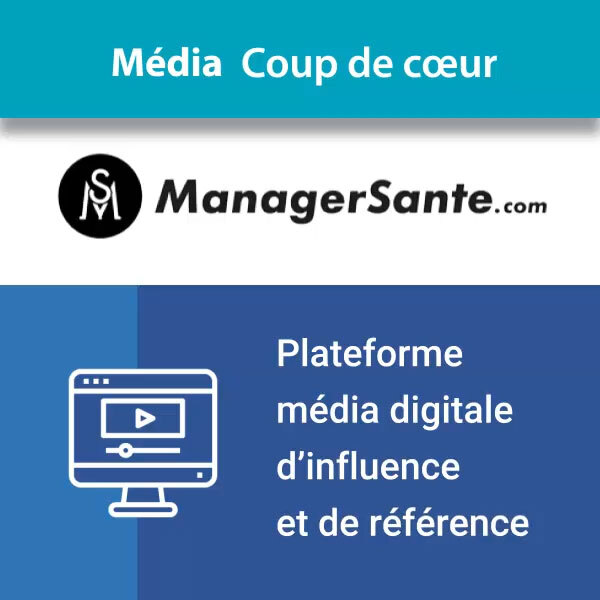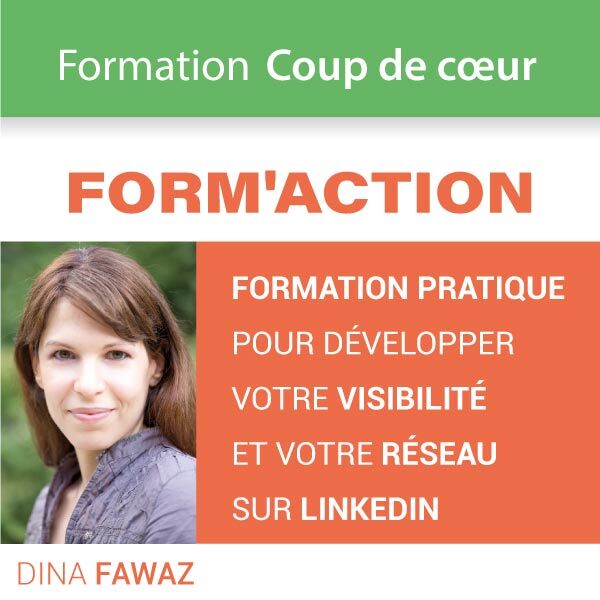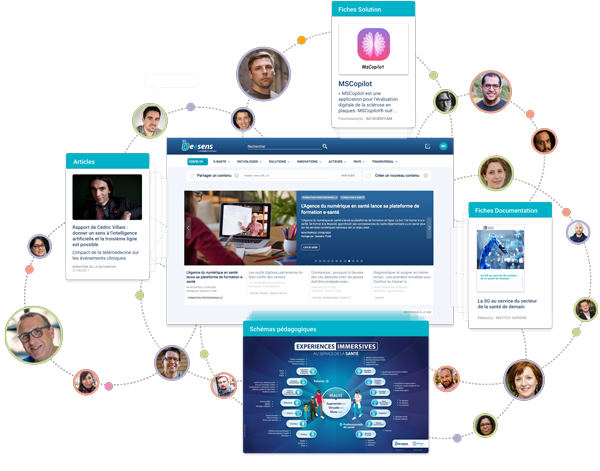"Algorithms help diagnose and treat diseases, discover new drugs and personalize prevention. Thus, the potential of artificial intelligence has been recognized not only by the medtech industry but also by health systems, pharmaceutical companies, patients and even the World Health Organization. What’s the state of artificial intelligence in healthcare?
In 2009, Hiroshi Kobayashi, a scientist from the Tokyo University of Science, presented the world’s first robotic teacher Saya. According to Kobayashi, machines are better than human teachers. The AI-powered robot knows the answers to all questions – it monitors and analyzes childs’ behavior to individualize the learning process and support their hidden talents.
This utopian vision of education has a lot to do with healthcare. Of course, nobody would like to be treated by artificial intelligence (AI) wearing a doctor’s coat – like no parent would prefer a robot over a human teacher. Human social empathy cannot be replaced by a rational machine. However, a lack of data causes medical errors, delays diagnosis and worsens the treatment prognosis. Humans make irrational health decisions, getting lost in conflicting recommendations and random advice.
AI’s capabilities to memorize the medical records of millions of patients, analyze data, monitor, forecast and make decisions based on facts are now becoming a critical transformational power in medicine.
New challenges require contemporary approaches
Doctors are drowning in administrative tasks, and the patient’s journey through the system is like a labyrinth. Healthcare professionals waste up to 1/3 of their time on administrative tasks. While WHO forecasts a shortage of 9.9 million doctors, nurses and midwives by 2030, such a waste of medical staff resources cannot be afforded.
There are many more statistics showing that healthcare needs radical changes: approx. 250,000-440,000 people die each year in the US due to medical errors. This is the third cause of death, right after cancer and cardiovascular disease. Cancer treatment delayed by one month increases the risk of death by approx. 10%. Non-communicable diseases generate 80% of healthcare costs. Paradoxically, 80% of heart conditions, heart attacks and diabetes can be prevented by modifications in lifestyle..."
Lire la suite
News: What can artificial intelligence do for health?
BASELAREA, 14/06/2022
Partagé par :
Beesens TEAM

Informations liées
Thématiques
Accueil Intelligence Artificielle
Big Data
Sécurité
Enjeux
Marché E-santé










